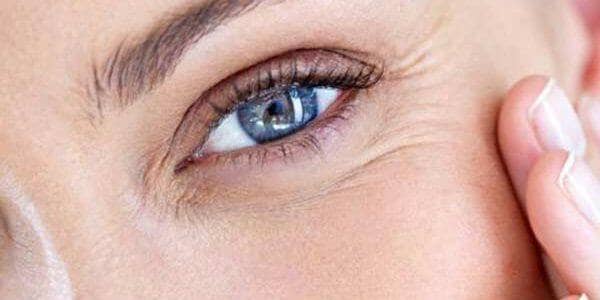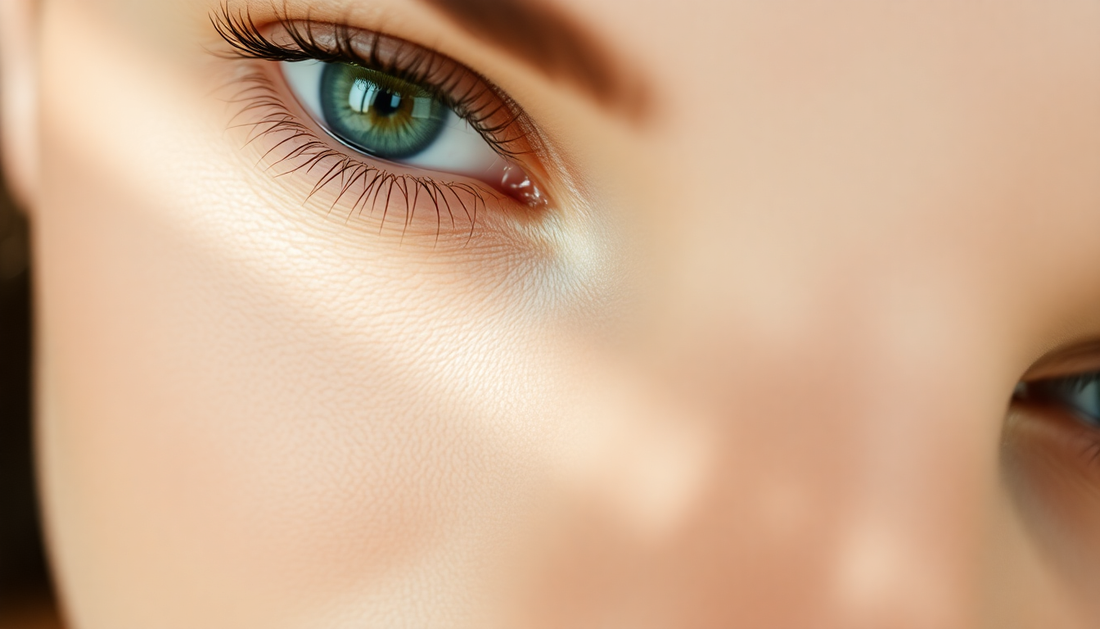
The benefits of hyaluronic acid and collagen for your skin
Hyaluronic acid Hyaluronic acid and collagen are two essential components of our skin. They contribute to its health and youthfulness by giving it firmness and elasticity. In this article, we will explore the benefits of hyaluronic acid and collagen for skin , how they work, and how to incorporate them into your skincare routine to achieve more beautiful and healthy skin.
Table of contents:
I. Hyaluronic acid and its benefits for the skin
A. Skin hydration
B. Reduction of wrinkles and fine lines
C. Skin firmness and elasticity
II. The benefits of hyaluronic acid and collagen for the skin
A. Improved skin firmness
B. Reduction of wrinkles and fine lines
C. Skin repair
III. How to Incorporate Hyaluronic Acid and Collagen into Your Skincare Routine
IV. FAQ
V. Conclusion
I. Hyaluronic acid and its benefits for the skin

Hyaluronic acid is a molecule naturally found in our skin, as well as in our joints and eyes. It is known for its moisturizing and lubricating properties and is often used in skin care products to improve skin hydration.
A. Skin hydration
Hyaluronic acid is an excellent skin moisturizer. It can retain up to 1,000 times its weight in water, making it an excellent choice to help hydrate and protect the skin from external aggressors. When skin is well hydrated, it looks firmer, smoother, and younger.
B. Reduction of wrinkles and fine lines
Hyaluronic acid can also help reduce the appearance of fine lines and wrinkles. It works by stimulating the production of collagen, which helps strengthen the skin and keep it firm and elastic. By filling in fine lines and wrinkles, hyaluronic acid can also help give skin a smoother, more youthful appearance.
C. Skin firmness and elasticity
In addition to its moisturizing and anti-wrinkle properties, hyaluronic acid can help improve skin firmness and elasticity. By increasing the production of collagen and elastin, it helps keep skin firm and elastic, which can prevent the appearance of fine lines and wrinkles in the future.

II. The benefits of hyaluronic acid and collagen for the skin
Collagen is a naturally occurring fibrous protein found throughout our bodies, including bones, muscles, tendons, and skin. It is the most abundant protein in our bodies, accounting for approximately 30% of all proteins present. In the skin, collagen plays a crucial role in maintaining elasticity, firmness, and hydration.
Collagen is produced by cells called fibroblasts and consists of three protein chains intertwined to form a triple helix. There are different types of collagen, but type I is the most abundant in the skin. With age, collagen production declines, leading to a loss of skin elasticity and firmness, as well as the appearance of fine lines and wrinkles.
A. Hydration and elasticity
Hyaluronic acid and collagen are both essential for maintaining hydrated and elastic skin. Hyaluronic acid is capable of retaining up to 1,000 times its weight in water, making it effective at hydrating the skin from within. Collagen, on the other hand, is responsible for skin firmness and elasticity, acting like a "cushion" to hold skin cells together.
B. Reduction of wrinkles and fine lines
Hyaluronic acid and collagen both help reduce the appearance of fine lines and wrinkles. By increasing skin hydration and elasticity, hyaluronic acid and collagen can help smooth existing lines and wrinkles and prevent new ones from appearing. Additionally, collagen stimulates the production of new skin cells, which can contribute to skin regeneration.
C. Skin regeneration
Hyaluronic acid and collagen also have skin-regenerating properties. Hyaluronic acid helps protect the skin from environmental damage and free radicals, while stimulating collagen production. Collagen, on the other hand, can help regenerate damaged skin and restore its firmness and elasticity.

III. How to use hyaluronic acid and collagen for skin?
There are several ways to use hyaluronic acid and collagen to improve the appearance of your skin. Here are some of the most common ways:
1. Serums and creams: Products containing hyaluronic acid and collagen can be applied directly to the skin in the form of serums or creams. These products can help hydrate the skin, reduce the appearance of fine lines and wrinkles, and improve skin elasticity.
2. Injections: Hyaluronic acid and collagen can be injected directly into the skin to treat fine lines and wrinkles. These injections are often used to increase lip volume, improve facial contours, and reduce the appearance of deep wrinkles.
3. Dietary supplements: Hyaluronic acid and collagen can also be taken in supplement form to help improve skin health from the inside out. These supplements can help increase collagen production in the skin, improve skin hydration, and reduce the appearance of fine lines and wrinkles.
It is important to note that the use of hyaluronic acid and collagen for skin should be done under the supervision of a qualified healthcare professional, especially when it comes to injections.
IV. FAQ
Q: Can using hyaluronic acid and collagen be dangerous for your health?
A: The use of hyaluronic acid and collagen is considered safe when performed under the supervision of a qualified healthcare professional. However, side effects such as redness, pain, and bruising may occur after an injection. It is important to discuss the potential risks with your healthcare professional before using these products.
Q: How often should I use products containing hyaluronic acid and collagen?
A: The frequency of use depends on the type of product and the manufacturer's instructions. Generally, creams and serums containing hyaluronic acid and collagen can be used once or twice a day. Injections are usually given once or twice a year. Dietary supplements should be taken according to the manufacturer's instructions.
Q: Are products containing hyaluronic acid and collagen suitable for all skin types?
A: Products containing hyaluronic acid and collagen are suitable for most skin types, but it's always important to do a patch test before using a new product. If you have very sensitive skin or are allergic to any of the ingredients, it's best to consult a healthcare professional before using these products.
Conclusion
In summary, hyaluronic acid and collagen play essential roles in maintaining skin health and youthfulness. Their ability to hydrate, restore elasticity , and reduce the appearance of fine lines and wrinkles makes them valuable ingredients in skin care products and aesthetic treatments. Whether through the application of serums and creams, injections, or supplements, using these ingredients can help promote radiant, glowing skin.






